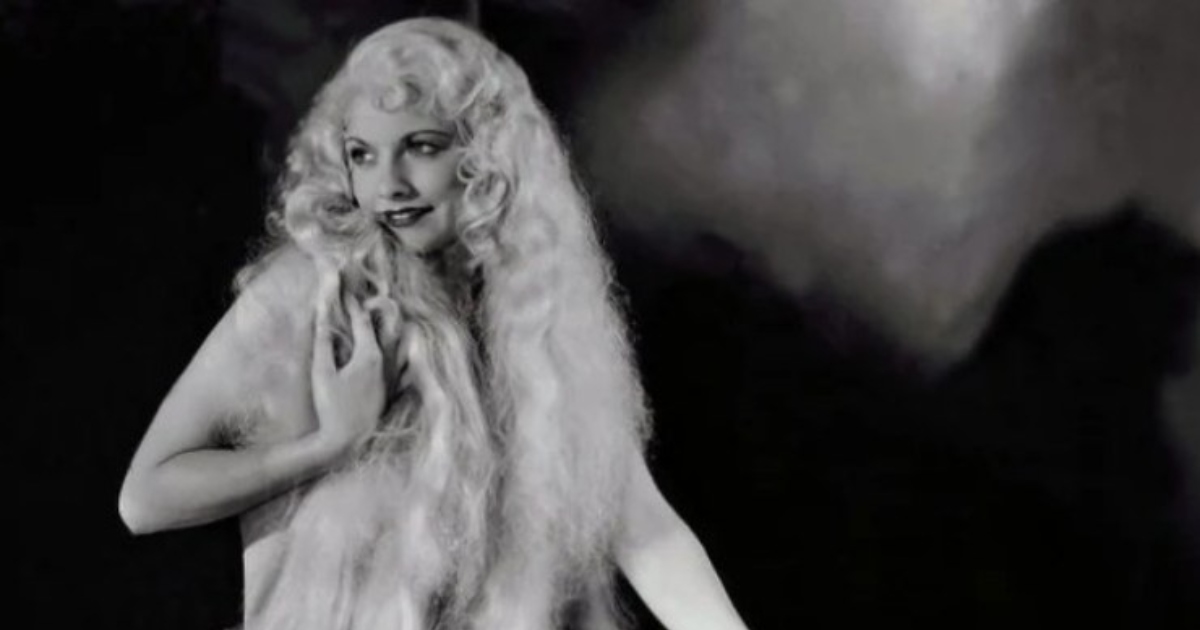Lucille Ball remains one of the most iconic figures in the history of television, remembered for her brilliant comedic timing and trailblazing contributions to entertainment. She began her career in the 1930s as a model and film actress, appearing in a range of B-movies throughout the 1940s. While her early work in Hollywood didn’t bring her immediate fame, it helped her develop the on-screen charisma and timing that would later define her legacy. It wasn’t until the 1950s, when she transitioned to television, that Lucille Ball truly found her place in history.
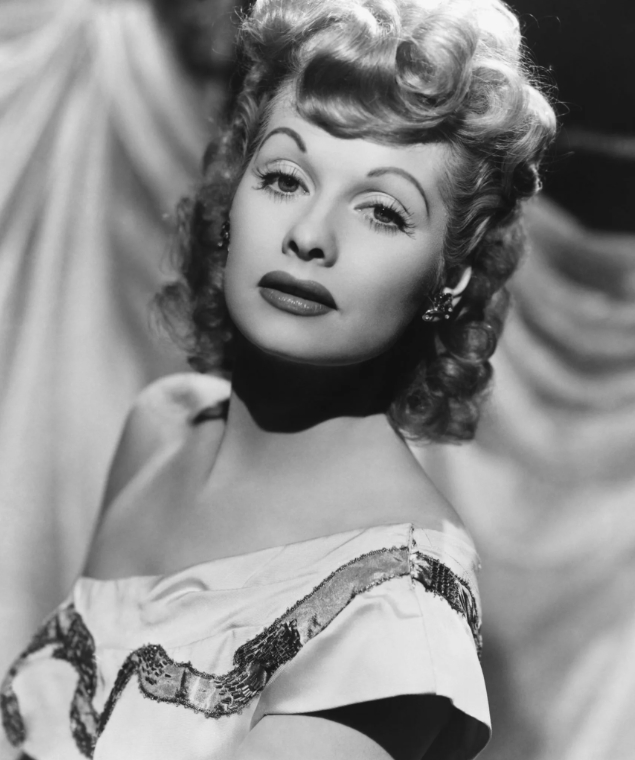
In 1951, I Love Lucy premiered, and with it, Lucille Ball became a household name. Playing the lovable, zany Lucy Ricardo alongside her real-life husband Desi Arnaz, Ball broke new ground for women in comedy. The show was a massive success, celebrated for its innovative filming techniques, diverse casting, and unforgettable humor. Behind the scenes, Ball was just as groundbreaking — she co-founded Desilu Productions, becoming the first woman to run a major television studio. Under her leadership, Desilu was responsible for greenlighting legendary shows like Star Trek and Mission: Impossible.
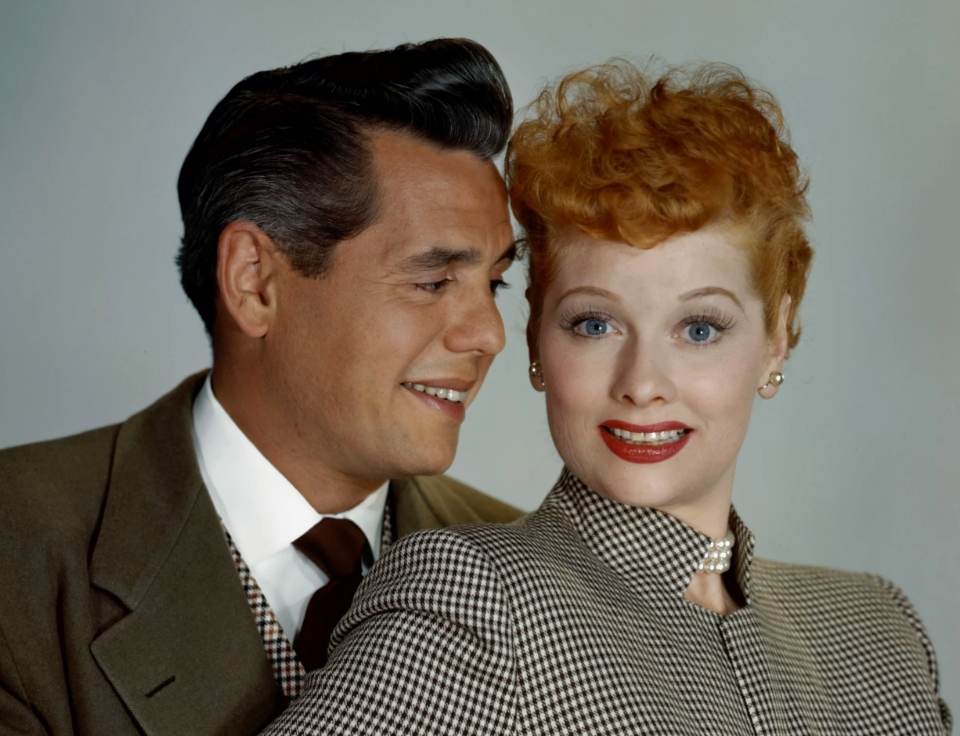
As the years went on, Lucille Ball evolved with the industry. After I Love Lucy, she starred in a series of follow-up sitcoms including The Lucy Show and Here’s Lucy, each of which maintained her comedic style while adapting to the changing times. Her humor grew more polished, and she took on a more maternal, wisecracking role as she aged — still funny, but with the confidence and presence of someone who had earned her place as television royalty. Audiences continued to adore her, proving that her appeal wasn’t limited to just one decade.
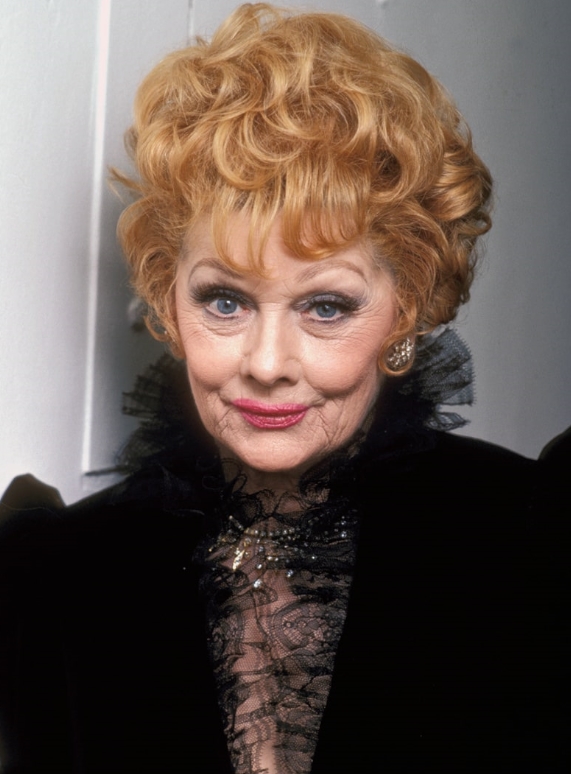
Off camera, Lucille Ball also changed with time. Her early image as a bubbly redhead was eventually balanced by her reputation as a savvy businesswoman and television pioneer. She became a mentor to younger performers, and her influence on women in entertainment became more widely recognized. Though she endured personal struggles — including her divorce from Arnaz — she remained fiercely dedicated to her craft and to breaking down barriers in a male-dominated industry.
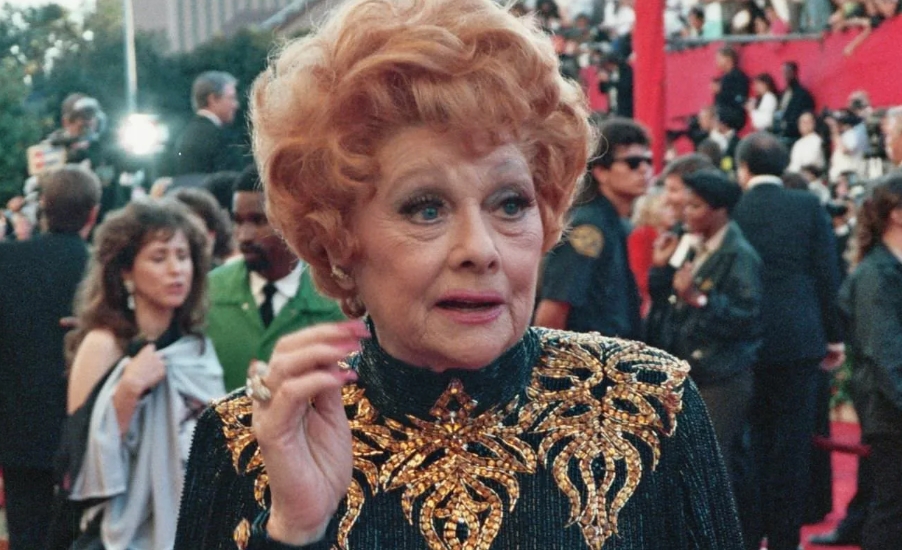
By the time of her passing in 1989, Lucille Ball had transformed from aspiring starlet to a cultural legend. Her journey through Hollywood reflected not only her personal growth but also the evolution of the entertainment industry itself. She opened doors for generations of comedians and creators, and her fearless approach to comedy, business, and life continues to inspire. Lucille Ball didn’t just change with the years — she helped change the world of television forever.
